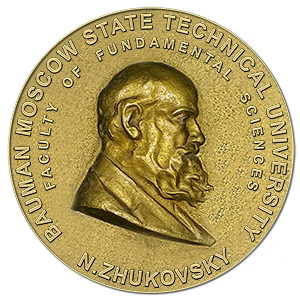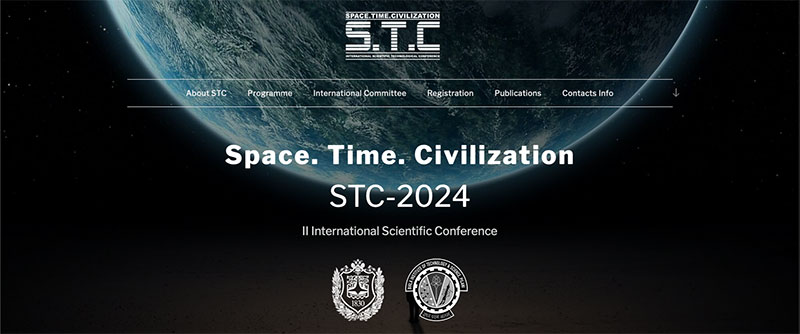http://fn.bmstu.ru/en/international-conference-fs-en#sigProId74a94bcbd2
July 7th to 10th, 2025, Bauman Moscow State Technical University held the 24th International Scientific Conference on Modern Problems of the Relativity Theory, Cosmology and Astrophysics, known as "Physical Interpretations of the Relativity Theory: PIRT-2025".
The conference program focused on the latest achievements in the theory of gravity, cosmology and astrophysics. The main purpose of the conference is to train a new generation of young researchers and engineers specialising in near-Earth and deep space exploration, relying on the latest investigations of the structure and evolution of the Universe.
4th Annual International Scientific and Practical Conference
“NANOCHEMISTRY AND EMERGING NANOTECHNOLOGIES”
NanoChemTech-2025
Bauman Moscow State Technical University, Moscow, Russia
June, 25-27, 2025
We are pleased to invite you to 4th Annual International Scientific and Practical Conference “Nanochemistry and Emerging Nanotechnologies” (NanoChemTech-2025) to be held at Bauman Moscow State Technical University, Faculty of Fundamental Sciences from June 25 till 27, 2025 with both in-person and online attendance options.
NanoChemTech-2025 is one of the important annual events aimed at the discussion of the fundamental problems of modern Nanochemistry and creation of the emerging Nanotechnologies for developing of smart functional nanomaterials with new potential applications in microelectronics, photonics, catalysis, including artificial metamaterials with unique optical and magnetic properties. The Conference topics include also the questions of promotion of the ecologically friendly (green nanotechnologies) and the development of the innovation and digital technologies of the tuition of chemistry and nanochemistry at the Universities. The special conference seсtion will be devoted to the problems of energy saving and resource efficient engineering in low-tonnage chemical production, discussing the questions of conversion from the laboratory level to the low-tonnage chemical production of nanotechnological products. Researchers from across the globe will have the opportunity to share their latest findings, exchange ideas and contribute to discussions shaping the future and challenges of the field. The accepted conference papers will be published in Scopus-indexed proceedings ensuring broad visibility and impact.
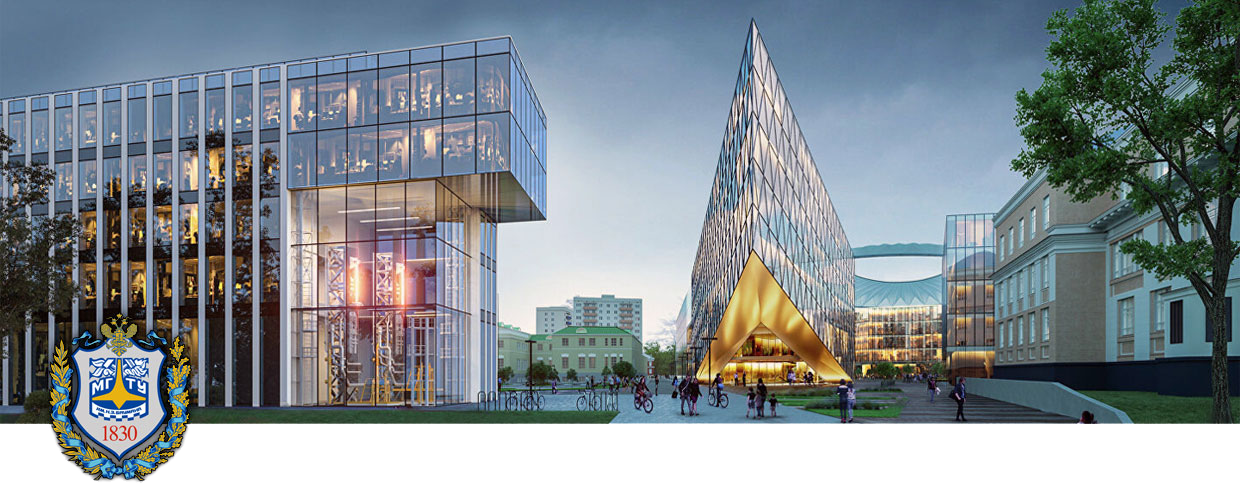
XXIV International Conference Physical Interpretations of Relativity Theory PIRT – 2025
From July 7th to 10th, 2025 Bauman Moscow State Technical University will held the XXIV International Scientific Conference “Physical Interpretations of Relativity Theory” (PIRT-2025).
The PIRT conference is an international scientific event that was organized by the Faculty of Physics of the University of Liverpool and the University of Sunderland in 1988 and was first held at Imperial College London every two years, and since 2003 it has been held at Bauman University in Moscow. The main objectives of the conference are to discuss the physical, geometric, and mathematical interpretation of the theory of relativity, its experimental verification and discussion of alternative theories of gravity, optical methods for detecting gravitational waves, new effects of moving-media optics and relativistic electrodynamics, as well as astrophysical observations and space experiments.
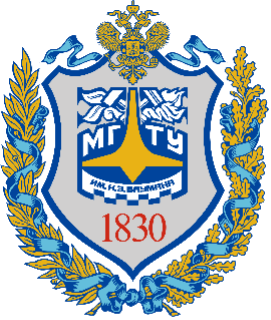
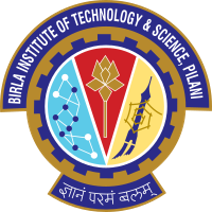
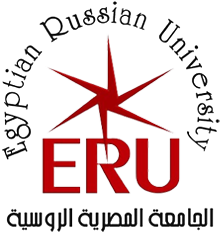
Summary of the "Space. Time. Civilization. STC-2024" International Scientific Conference,
Russia, India, Egypt, November 2nd-7th, 2024
The 2nd "Space. Time. Civilization. STC-2024" International Scientific Conference took place over the period from November 2nd to November 7th, 2024. For the first time ever the conference was simultaneously held in three countries: Russia, India and Egypt. The conference operation in Russia was organized by Bauman Moscow State Technical University. In India, the bulk of organizational activities was handled by Birla Institute of Technology and Science, Pilani (India), known as the entity that BMSTU signed a Memorandum of Cooperation with at the first STC-2023 conference, in 2023. Finally, in Egypt, it was the Egyptian Russian University that took on the organizer role
II International scientific conference
Space. Time. Civilization STC-2024
In 2024 Bauman Moscow State Technical University together with BITS-Pilani University will organize the II International scientific conference "Space. Time. Civilization. STC-2024", to be held in three countries simultaneously: India, Egypt and Russia from November 2nd to 7th, 2024.
International Conference "Mathematical Modeling, Computational Methods and Engineering Software"
December 11th-12th, 2023
BMSTU, Moscow, Russia

International scientific conference
"Fundamental and Applied Problems of Mechanics (FAPM-2023)",
December 5th-8th, 2023, Bauman Moscow State Technical University, Moscow, Russia
The conference program includes reports on the following topics:
• Mathematical modeling of mechanical systems, stability, oscillations; guidance, navigation and control
• Theoretical Mechanics Celestial Mechanics
• Applied Mechanics
• Aero- and hydromechanics
• Scientific, methodological and historical matters in mechanics (a collaborative section with members of the Presidium of the Scientific and Methodological Council on Theoretical Mechanics under the Ministry of Science and Higher Education of the Russian Federation)
The conference proceedings to be published will be indexed by the RSCI and referenced in the "Scientific Conferences" addendum of the "Engineering Journal: Science and Innovation" Electronic Science And Engineering Publication.
The Organizing Committee will be happy to answer any questions concerning the conference by e-mail: This email address is being protected from spambots. You need JavaScript enabled to view it..
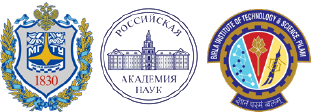
The "Space. Time. Civilization. STC-2023" International Scientific Conference was held in Cairo, Egypt, on November 3rd to 8th, 2023.
The conference was the first of its kind, organized jointly by the Bauman Moscow State Technical University , the Birla Institute of Technology and Science (Pilani, India) and the Russian Academy of Sciences.
Over 60 participants from several countries (Russia, India, Egypt, Nepal, Italy, the USA, Hungary, Bulgaria) attended the conference.


